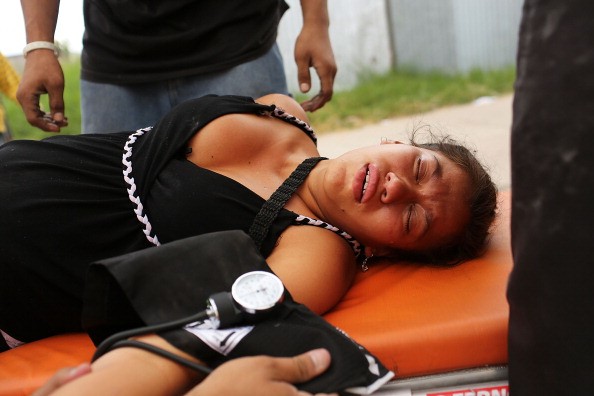
A new research reveals that if a person frequently experiences blackout and near drowning, he or she is at high risk of sudden death. These early signs are associated to long QT syndrome (LQTS), a genetic heart disorder that is usually misdiagnosed as a panic attack or epilepsy.
LQTS is a treatable cause of sudden death. However, symptoms of such disorder are not so compelling enough for anyone to see a doctor and seek treatment. Blackouts, for example, being so common and less serious, are often ignored which sometimes leads to some mistaken conditions.
In the study, relatives of 26 LQTS index cases were screened, where researchers identified 203 living patients with the KCNQ1 A341V mutation - the genetic anomaly usually shared by patients with LQTS. About 79 percent of those with mutation had experienced blackouts, but only 26 percent had been correctly diagnosed. About 40 percent were misdiagnosed with epilepsy and 34 percent were provided with incorrect medical descriptions such as drowning or sick sinus syndrome.
A 13-year old girl reportedly died on a skating rink and a five year old boy choked on water. A total of 23 patients also died before they reach 20, and half drowned despite being good swimmers.
"The most feared consequence of LQTS is death during a blackout, but a lot of patients do not see a doctor after a first fainting spell (also called syncope or blackout), or even subsequent one," says Paul Brink, professor of internal medicine at the University of Stellenbosch in Tyerberg, in a press release.
"They faint, lie on the ground for a minute or two, wake up and go on with normal life. They may even see alternative medicine practitioners for these seemingly innocuous events," Brink adds.
With these reports, Professor Brink suggests that anyone who experiences blackouts or near drowning should seek medical attention. Sudden deaths can be avoided if people don't neglect fainting events and immediately take action. Direct and correct diagnosis is also critical in order to provide patients with the proper treatments, which may include beta-blockers and an implantable cardioverter defibrillator.
The research was presented at the SA Heart Congress 2015 and appears in European Heart Journal.

